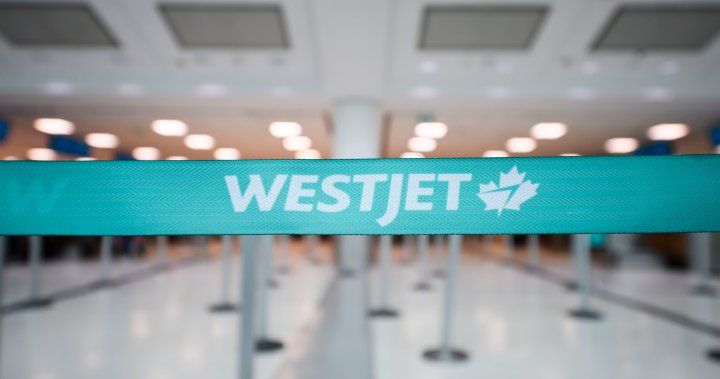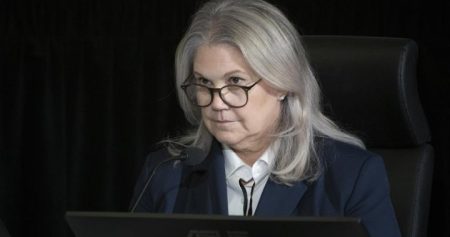WestJet Ordered to Disclose Harassment Files in Class-Action Lawsuit
The British Columbia Supreme Court has issued a decisive ruling compelling WestJet to disclose all internal files related to harassment complaints lodged by flight attendants. This order comes amidst a protracted class-action lawsuit alleging widespread misconduct by pilots and a failure by the airline to provide a safe working environment. Justice Jacqueline Hughes, presiding over the case, criticized WestJet’s handling of document production, characterizing it as slow and potentially adversarial. The court’s decision aims to shed light on the extent of harassment within the airline and provide crucial evidence for the plaintiffs’ claims.
The core allegation in the lawsuit, initiated in 2016, revolves around WestJet’s alleged breach of flight attendants’ employment contracts. The plaintiffs contend that the airline reneged on its promise to maintain a harassment-free workplace, thereby violating the explicit or implied terms of their employment agreements. The lawsuit gained momentum following allegations of sexual harassment and assault against pilots, leading to a class-action certification in 2019.
Justice Hughes’ ruling, issued in December 2024 and made public in early 2025, addresses WestJet’s attempts to restrict the scope of document production. The airline had sought to limit disclosure to complaints filed by female flight attendants against male pilots who remained part of the lawsuit, excluding those who had opted out. However, the judge rejected this narrow approach, ordering WestJet to produce all harassment complaints filed by flight attendants between April 4, 2014, and February 28, 2021, irrespective of the alleged perpetrator’s gender or role within the company.
The court’s decision highlights a significant discrepancy between the number of complaints disclosed by WestJet and its internal records. While the airline had initially provided 24 complaints, its own statistics suggest a substantially higher number of incidents during the specified period. Justice Hughes noted that some of these complaints involved serious allegations of sexual harassment and assault, further emphasizing the need for comprehensive disclosure. The court’s ruling cited WestJet’s internal documents, which revealed 16 complaints in the last quarter of 2018 and 19 complaints in the first quarter of 2022 alone, suggesting a potential pattern of underreporting or inadequate handling of harassment claims.
Justice Hughes attributed the persistent delays in the trial, now scheduled for October 2025, to WestJet’s sluggishness in producing documents. The lead plaintiff, Mandalena Lewis, had initially requested access to harassment complaint files for WestJet’s entire workforce, aiming to demonstrate a broader culture of tolerance for misconduct. However, the judge narrowed the scope of disclosure to flight attendants’ complaints, emphasizing that the lawsuit specifically addresses alleged breaches of their employment contracts and not those of other staff members. The court recognized the relevance of power imbalances in pilot-flight attendant relationships but asserted that the scope of the claim extends beyond this specific dynamic.
The ruling provides WestJet with 45 days to comply and submit the requested documents, taking into consideration the holiday period. This deadline underscores the court’s commitment to ensuring a fair and timely resolution to the lawsuit. The outcome of this case holds significant implications for the airline industry, potentially setting a precedent for handling harassment complaints and fostering safer work environments for flight attendants and other employees.
The court’s decision to compel WestJet to disclose all harassment complaints marks a critical juncture in the ongoing class-action lawsuit. This ruling reinforces the importance of transparency and accountability in addressing workplace misconduct and empowers victims to seek justice. The comprehensive disclosure of these files will enable a thorough examination of the airline’s handling of harassment allegations and contribute towards creating a safer and more equitable work environment for all employees.










